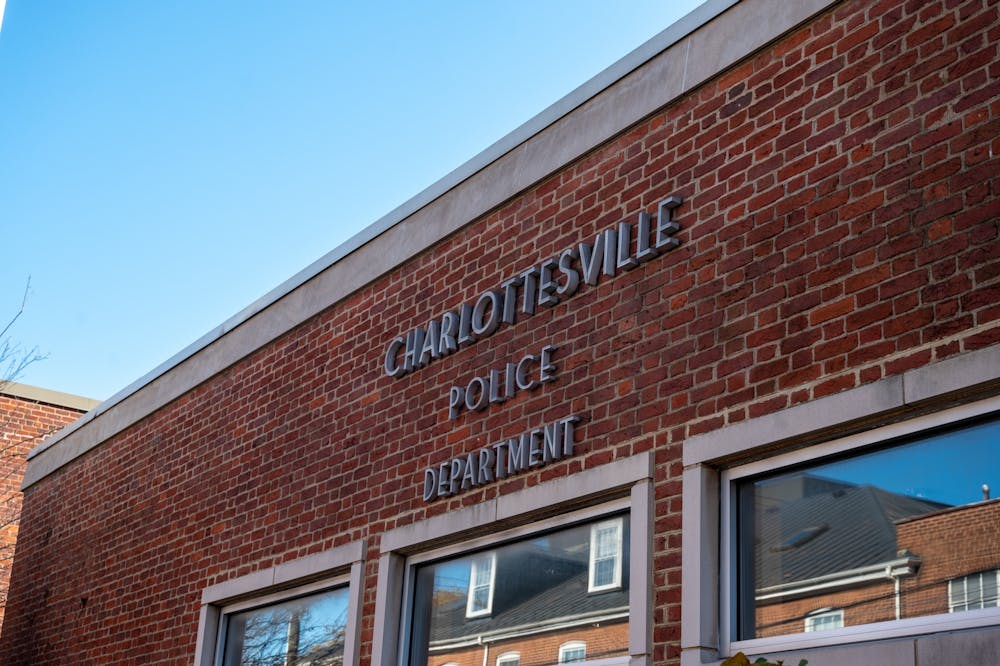City Council has been fast at work lately, as it recently approved an amended collective bargaining ordinance that will create new labor organizing options for police, fire, transit and more. Collective bargaining is a key aspect of labor rights, yet there concerns have been raised about the inclusion of the police in the ordinance. Community members have every right to be concerned, as history has shown that police unions can quickly become dangerous institutions. The City should act in the interest of its citizens and rescind the collective bargaining agreement for police units and instead, should strengthen the Police Civilian Oversight Board instead, as it has faced problems with properly changing law enforcement for the better in Charlottesville.
Per the American Federation of Labor and Congress of Industrial Organizations, collective bargaining is “the process in which working people, through their unions, negotiate contracts with their employers to determine their terms of employment.” By allowing for public sector units like police and fire to collectively bargain, the City is enabling their unions to organize and negotiate benefits. Collective bargaining is an incredibly powerful tool for labor movements and it cannot be understated how big this is for City employees. That being said, the power of collective bargaining in recognizing the organized units as legitimate is also what makes it dangerous when it comes to police unions.
Police unions have a long history of corruption and protecting the interest of the police against the interest of those they are to serve and protect. Excessive use of force is a common thread in cases where police officers are protected by higher ups and unions. One officer in Oakland, Calif. shot a protestor in the head with a beanbag, fracturing the man's skull. While he was fired for this act, he was reinstated thanks to the police union. In Baltimore, police officers were encouraged by their union to not respond to an officer corruption survey. In Chicago, the union recommended that officers withhold their vaccination status, directly contradicting the fact that officers are supposed to protect public health as much as physical safety. Since 2006, 451 of the 1,881 officers fired for misconduct were reinstated due to their union contracts. While it is the police unions job to protect their members and while solidarity is important in a union, when it flourishes among the corrupt it allows bad apples to grow and rot the tree to its roots.
Charlottesville is among many cities to do this, and doing so is an incredibly practical and wholly good decision on the part of the City. Changing institutional structures in a way that allows for a critical reflection on their operations is necessary now more than ever. Through oversight initiatives, police can be held accountable to the public, as many have been calling for in the wake of Aug. 11 and 12 and the Black Lives Matter movement. Yet as important as the PCOB is, there is an uncertainty in what it will be able to accomplish if a Charlottesville Police Department union were to come into play. Extending bargaining to the police is a serious mistake. The PCOB is already having enough difficulty as is, having not fully handled a case and reconciling with the fact that no one actually knows about their most recent initiative — a requirement that officers are to have interaction cards on hand to give to citizens who are pulled over. Furthermore, while the PCOB has the power to discipline officers legally speaking, whether or not they will be able to do so in practice is compromised by collective bargaining as officers will likely be able to escape oversight as has been seen in other cities. If Charlottesville is to achieve a more secure and safe environment for all its citizens, then oversight of the police should be of the utmost importance.
Our state, as Max Weber once said, is regulated through “the monopoly of the legitimate use of physical force.” As the enforcers of said physical force, the police are one of the most difficult institutions to handle politically. Regulating them, however, is vital if the people are to live freely, with security and peace of mind over unrest and violence. A police force which is out of control is one that will ultimately cause more harm than good. This is the perfect opportunity for the City to ensure that police accountability becomes more than just a buzzword, but a force to be reckoned with. Removing police units from the ordinance and strengthening the PCOB by fully funding it to ensure it can do its job properly and with full support from the city is the best way to move forward. Just as blind nationalism leads down dangerous paths, so does blind support of the police. To protect the interests of the people and justice over the preservation of the state, the police must be held accountable as an institution.
Ryan Lanford is an Opinion Columnist who writes about politics for The Cavalier Daily. They can be reached at opinion@cavalierdaily.com.
The opinions expressed in this column are not necessarily those of The Cavalier Daily. Columns represent the views of the authors alone.







